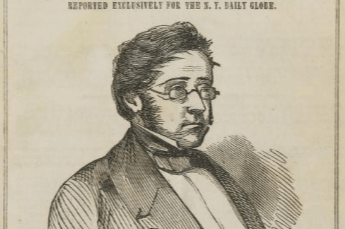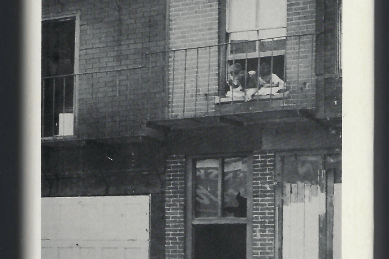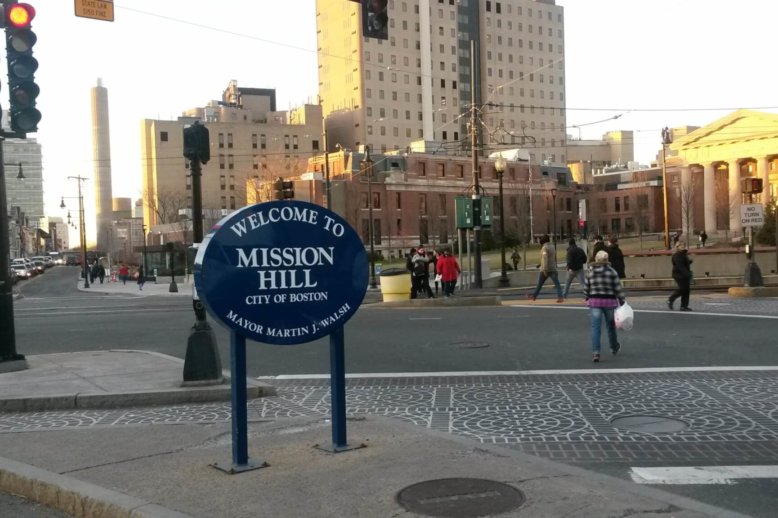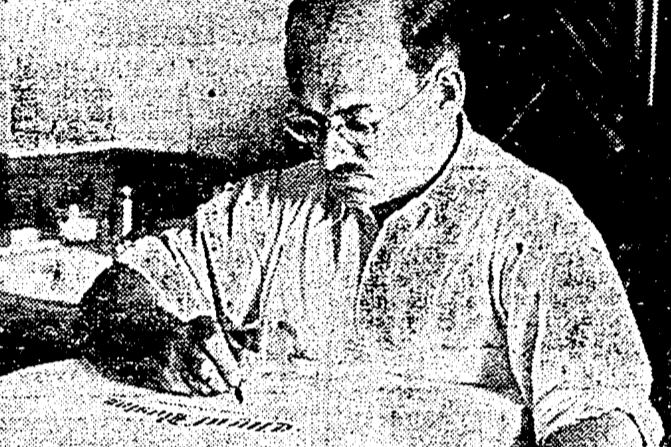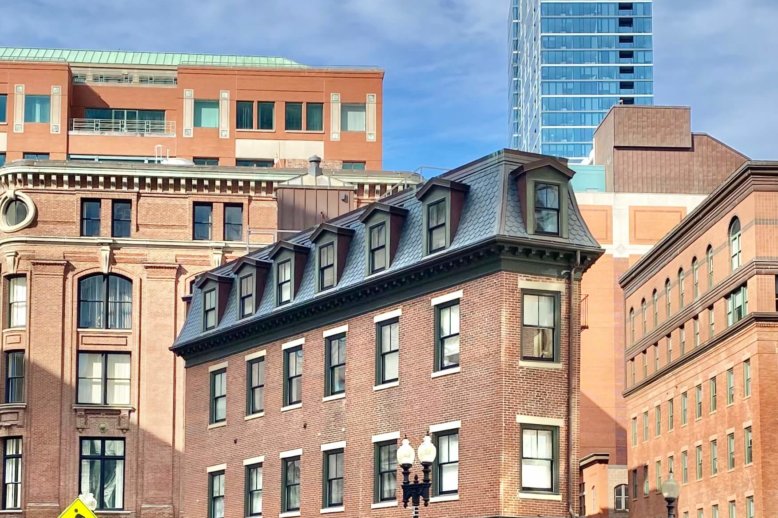Inspired by his experiences at the West End House and Hale House, Joseph Rosen became one of the country’s leading engrossers, thanks in part to the kindness of James Jackson Storrow. He inscribed over 125,000 diplomas during his career, mainly for Harvard graduates, but he also produced honorary degrees for dignitaries such as the Roosevelt’s, Kennedy’s, and Winston Churchill. Despite his success, he never forgot the opportunities he received in the West End and found ways later in life to honor the West End House and its great benefactor.


